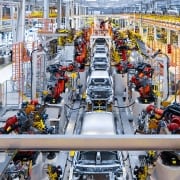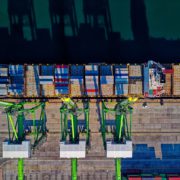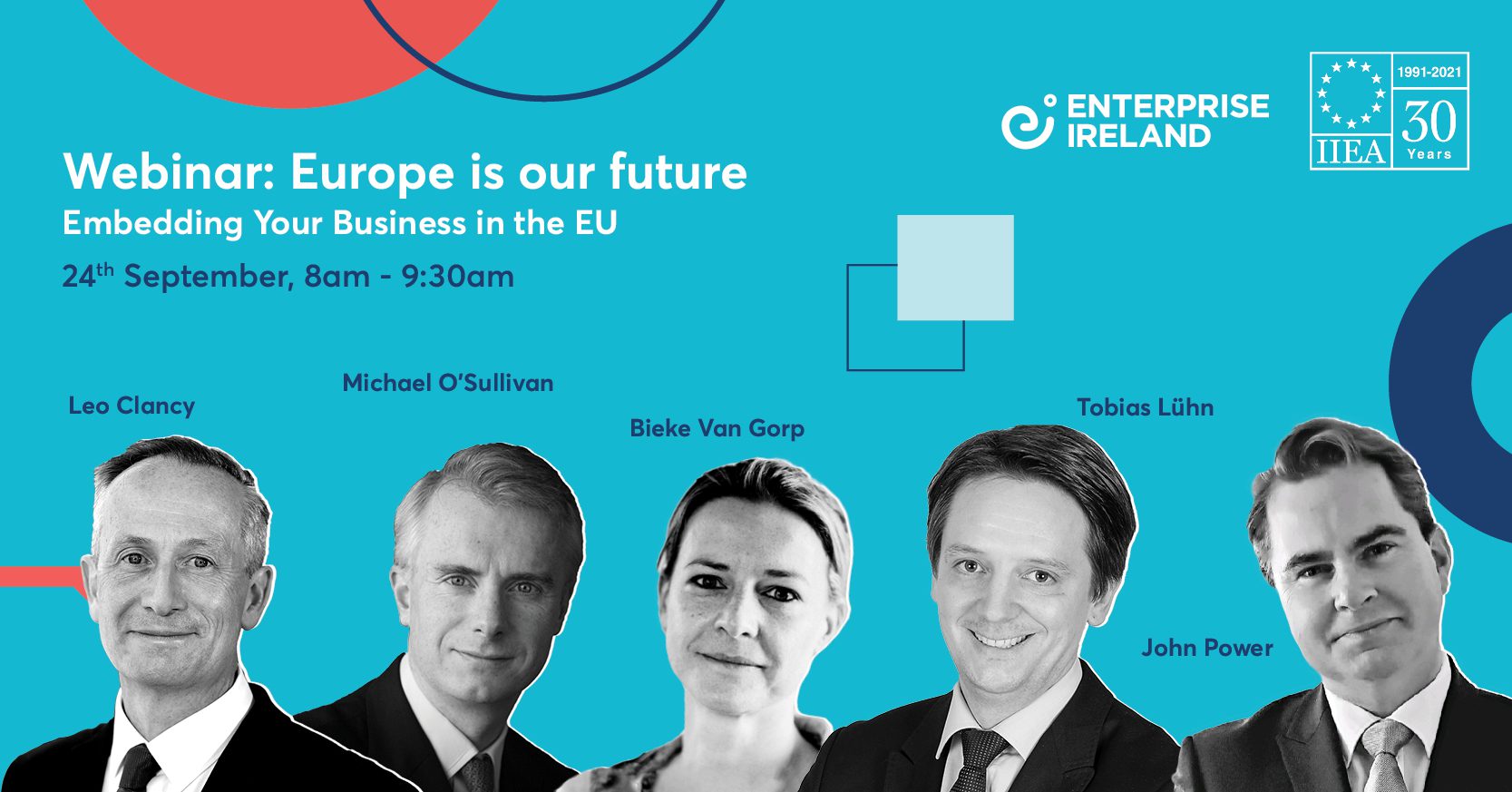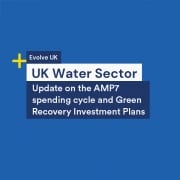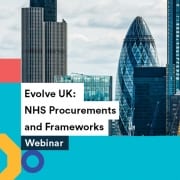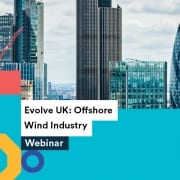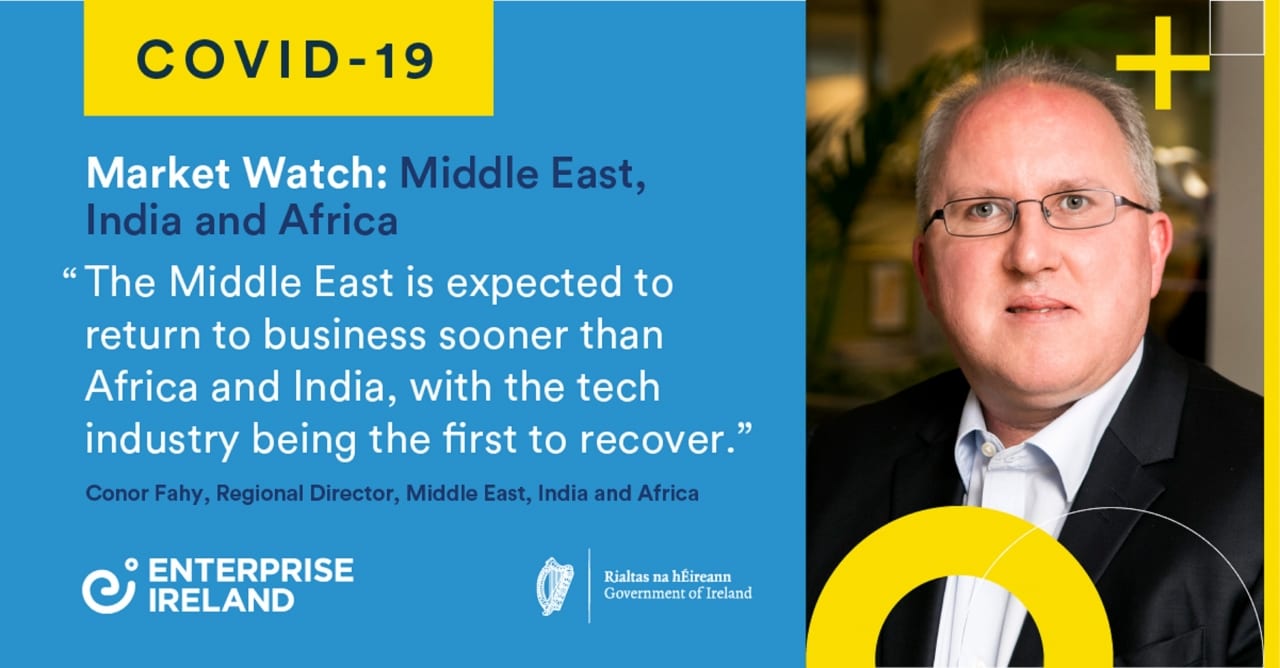The Climate Enterprise Action Fund: helping firms to boost low-carbon agendas
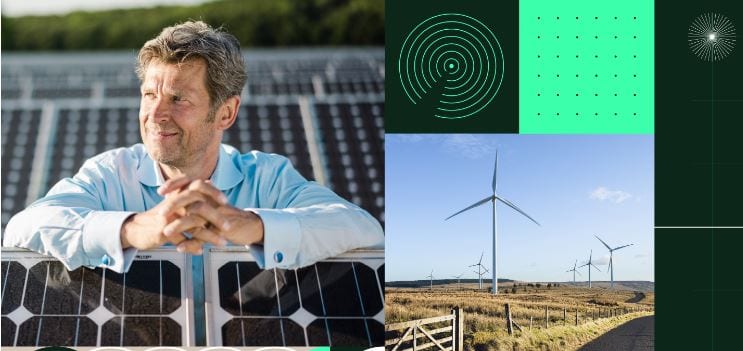
The Climate Enterprise Action Fund is a new initiative that was recently launched by Tánaiste Leo Varadkar and Minister Eamon Ryan with an initial allocation of €10m. The fund, which will be administered by Enterprise Ireland, is designed to help businesses take action to drive down their emissions and embed sustainability in how they work.
Aidan McKenna, manager of the Climate Enterprise Action Fund at Enterprise Ireland, says the fund is one of a number of actions underway to ensure that Ireland reaches its ambition of reducing emissions by 51% by the end of this decade.
“The fund builds on work Enterprise Ireland is already carrying out with companies throughout Ireland,” says Aidan. “We know the initiatives that work well and embed change in companies.”
Low-carbon future
“Reducing emissions will contribute to a more sustainable future for us all. However, along with the moral and political imperative, there is a very strong business case for Irish companies to adopt a low-carbon, sustainable agenda. One of the most important emerging market demands today is the need for companies to demonstrate their commitment to low-carbon production and sustainable business processes. It is vital that these companies are responsive to emerging market conditions.”
“Many Irish companies sell products and services to larger, international companies at home and abroad. Increasingly, these companies are requiring suppliers to have sustainability at the core of their operations. A failure to show real progress can lock you out of the market.
“Likewise, many consumers are placing environmental standards at a premium when making purchasing decisions. Issues such as using recyclable packaging, adhering to international sustainability standards and having transparent supply chains are now important factors for more and more consumers. Those that don’t change will miss out on the significant opportunities emerging from the low-carbon transition and risk being left behind.”
Aidan McKenna says another important factor is that investors and capital funds – which are critical to start-up and growing companies – increasingly factor in environmental impact into their investment decisions. “What is termed ‘green finance’ is now a reality and will shape investment decisions into the future,” explains Aidan.
Climate Enterprise Action Fund
Enterprise Ireland’s new Climate Enterprise Action Fund is designed to assist companies at various stages of engagement with this agenda. It comprises of three main offers:
- Climate Action Voucher – a €1,800 grant to engage consultants to develop plans in areas such as resource efficiency and renewable energy.
- GreenStart – up to €5,000 to measure carbon footprint and identify ways to reduce emissions and operate more sustainably.
- GreenPlus – a fund of up to 50% to develop a multi-annual climate change plan aligned to international standards and frameworks.
“The first two offers are driven by the principle of ‘what gets measured gets done’,” explains Aidan. “Establishing a baseline of current resource consumption and emissions profile is essential to begin a change process. These offers will be particularly attractive to companies beginning their low-carbon journey. The third offer, Green Plus, is aimed at companies further along the journey align to international standards and frameworks.”
The Local Enterprise Offices (LEO) network has also recently launched a new scheme, called Green For Micro, designed to help smaller companies prepare for a low-carbon, sustainable future. With the help of a Green Consultant, small businesses with up to ten employees can get free advice and technical support on resource efficiency, how to better understand their carbon footprint and how to implement an environmental management system to reduce costs and lower greenhouse gas emissions.
Driving change
“We are acutely aware of the pressure that companies have been under facing up to the impact of the Covid-19 pandemic and our fundamentally changed trading relationship with the UK. While companies see the value in adopting more sustainable processes in principle, finding the time and resources to dedicate to that mission can be difficult. That is why our new initiative is designed to provide companies with tangible baseline information and a route map of what a low-carbon, sustainable future looks like for them. Having the low-carbon concept broken down into achievable actions makes the journey all that more realistic and the business wins all that more attainable.”
“The global trading environment is tough and competitive,” says Aidan. “To succeed, companies need to think not just about the next order, but about how their sector will develop in the next five to ten years. Environmental sustainability and responsible production will be key drivers of business success into the future. Now is the time for all Irish businesses to prepare for that future.”
To get your business ready for a green future visit Climate Enterprise Action Fund or contact the Climate Action Team


